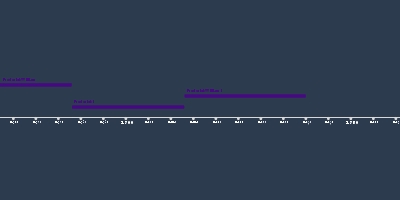Solidarity (jan 1, 1980 – jan 1, 1989)
Description:
Poland, where the Communists had failed to dominate society like elsewhere, experienced intense economic troubles. Then, however, the country was electrified by the election of Pope John Paul II. Workers went on strike in Gdansk, calling for the right to unionize, freedom of speech, release of political prisoners, and economic reforms. The Gdansk Agreement accepted these demands. The workers then organized a free and democratic trade union called Solidarity that gained widespread support. It was moderate, but had leverage in negotiations. Leader Lech Walesa agreed to minor concessions, and Solidarity began to unravel. Solidarity was outlawed and driven underground. Popular support still remained strong under martial law.Poland was on the brink of economic collapse in 1988 because of widespread strikes, raging inflation, and the outlawed Solidarity’s refusal to cooperate with the military. Hoping to get workers back in line, the Communist government made an agreement with Solidarity that legalized the group and declared that a large minority of representatives of the Polish parliament would be chosen by free elections. The Communists presumed their rule would be guaranteed for four years and Solidarity would bring workers back, but Solidarity mobilized the country and gained all but one of the contested seats. Lech Walesa secured the allegiance of two minor procommunist parties, and Tadeusz Mazowiecki became the new prime minister.
The new Solidarity government step-by-step eliminated the secret police, the Communist ministers in government, and Communist leader Jaruzelski himself. It abolished controls on many prices and drastically reformed the monetary system in an effort to move away from communist policies.
Added to timeline:
Date:
jan 1, 1980
jan 1, 1989
~ 9 years
